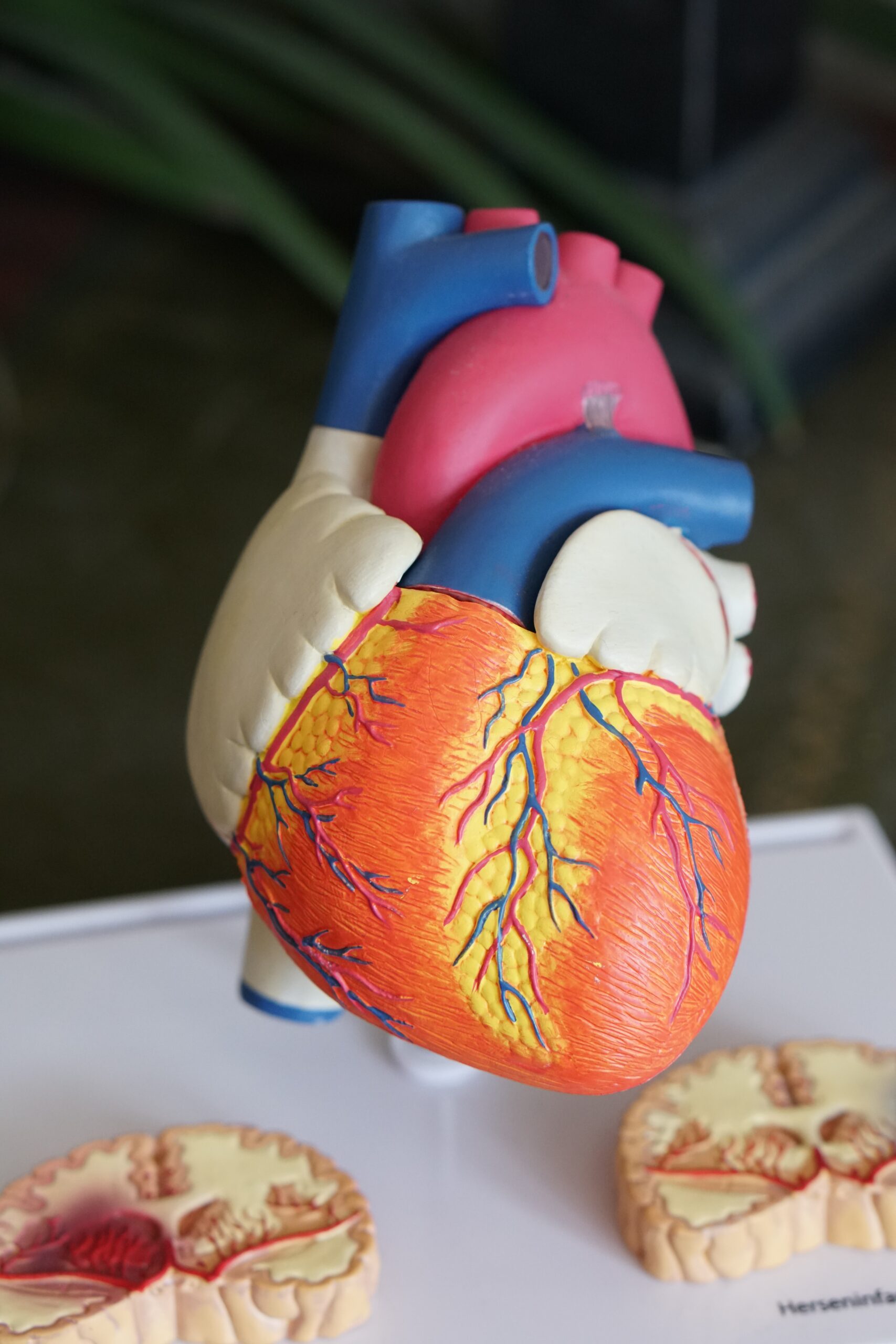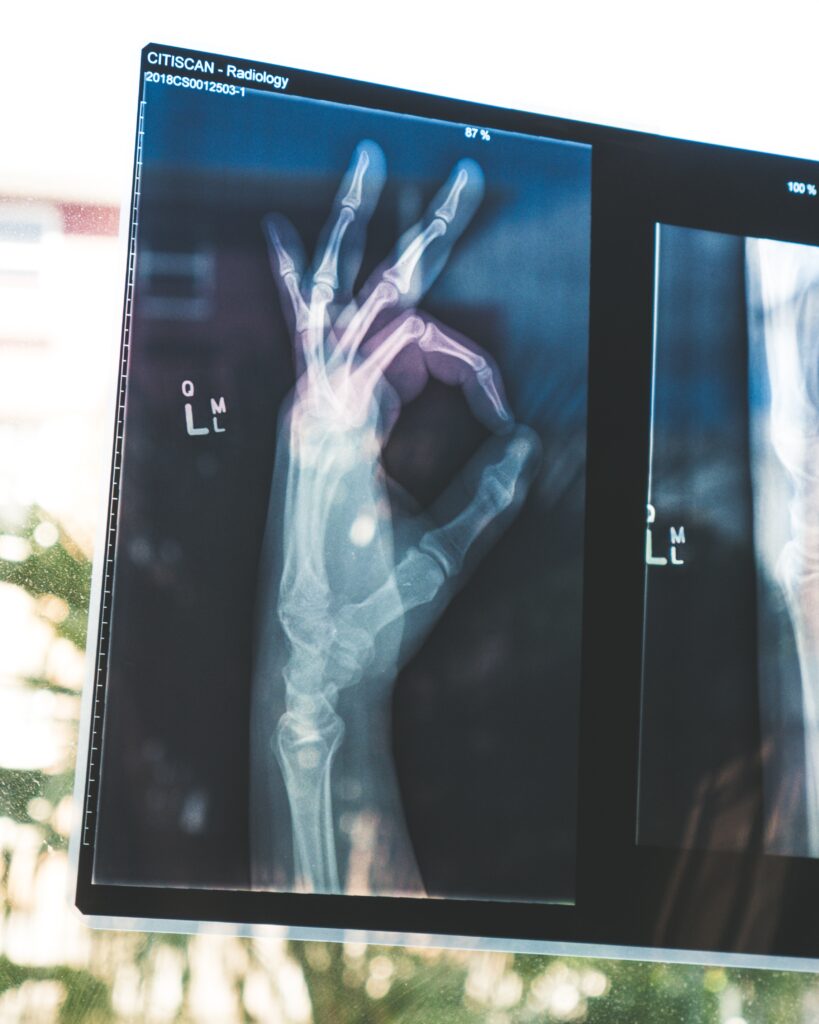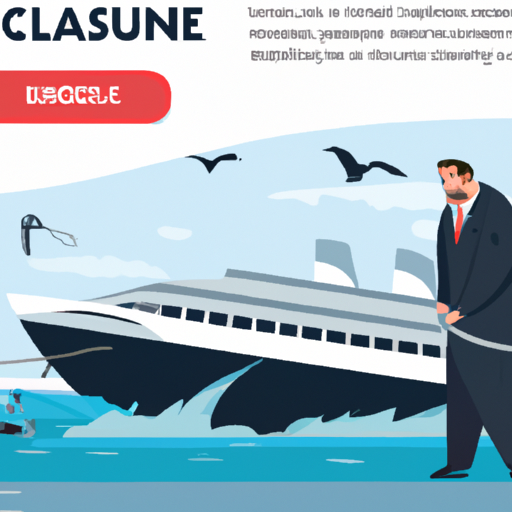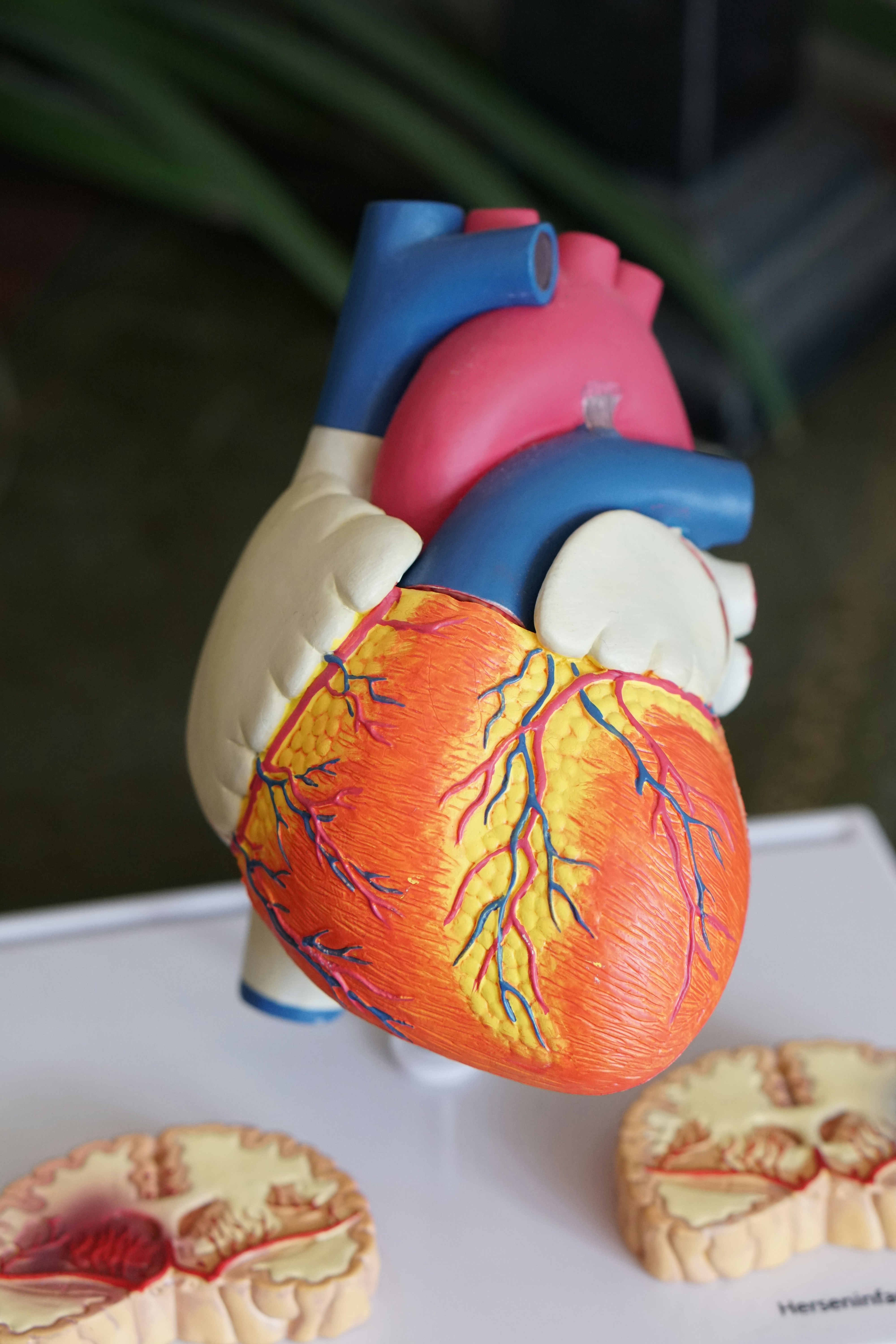
If you’ve ever wondered what to do in case of a medical emergency while on a cruise ship, this article is here to help. Throughout, you’ll learn about the steps to take and the resources available to you. Whether it’s a minor issue or something more serious, you’ll have the knowledge to handle it with confidence and get the appropriate care you need while enjoying your vacation.
Emergency medical services on cruise ships
When you embark on a cruise ship vacation, the last thing you expect is to experience a medical emergency. However, it is important to be prepared and know what steps to take in case such a situation arises. Cruise ships have a range of emergency medical services and facilities to handle various medical emergencies, ensuring the safety and well-being of their passengers.
Availability of medical staff
Cruise ships employ trained medical professionals who are available 24/7 to provide medical assistance to passengers. These medical staff members are typically doctors and nurses with the necessary qualifications and experience to handle a wide range of medical emergencies. They are equipped to handle anything from minor illnesses and injuries to more serious medical conditions.
Types of medical emergencies that can be treated onboard
Cruise ships have medical facilities and equipment that allow for the treatment of various medical emergencies. These can include but are not limited to:
- Seasickness and motion sickness
- Minor injuries such as sprains and cuts
- Respiratory problems and asthma attacks
- Gastrointestinal issues like food poisoning and stomach viruses
- Cardiac emergencies such as heart attacks and arrhythmias
- Allergic reactions and anaphylaxis
- Infections and fevers
It is important to note that not all medical emergencies can be treated onboard. In such cases, the ship’s medical staff will provide initial treatment and stabilize the passenger before arranging for emergency evacuation to a shore-based medical facility.
Equipment and facilities available for medical emergencies
Cruise ships are equipped with medical centers that are typically staffed by experienced medical professionals. These centers are equipped with essential medical equipment such as defibrillators, EKG machines, ultrasound machines, and basic laboratory facilities for immediate diagnosis and treatment. In addition, cruise ships are required to have a well-stocked pharmacy on board to provide necessary medications to passengers.
Steps to take in case of a medical emergency
Nobody wants to find themselves in a medical emergency situation while on a cruise ship, but if it does happen, it is important to stay calm and take the necessary steps to ensure prompt and appropriate medical care.
Stay calm and assess the situation
The first and most important step is to stay calm and assess the situation. Try to determine the severity of the medical emergency and if immediate medical attention is required. If the situation is life-threatening or requires immediate assistance, do not hesitate to call for help.
Call the ship’s emergency number
Each cruise ship has a designated emergency phone number that should be dialed in case of a medical emergency. This number will connect you to the ship’s medical staff who will provide guidance and assistance. Make sure to provide them with accurate information about the patient’s condition and location on the ship to facilitate a prompt response.
Provide necessary information to the medical staff
When you reach out to the ship’s medical staff, it is important to provide them with all the necessary information. This can include details about the patient’s medical history, any pre-existing conditions, current symptoms, and any medications they may be taking. This information will help the medical staff determine the most appropriate course of action and provide effective treatment.

Medical treatment options
Cruise ships have various medical treatment options available to passengers in case of a medical emergency. These options are designed to provide immediate medical care and ensure the well-being of the passengers.
Onboard medical center
The onboard medical center is the first line of defense in case of a medical emergency. These centers are staffed by trained medical professionals who can diagnose and treat a wide range of medical conditions. The medical staff will assess the patient’s condition and provide the necessary treatment. They can administer medications, perform minor procedures, and stabilize the patient until further care is available.
Telemedicine consultations
In some cases, the ship’s medical staff may consult with specialists on land via telemedicine. This allows them to seek expert advice and guidance in complex medical cases. The telemedicine consultation can help the medical staff make informed decisions and provide the best possible care to the patient.
Emergency evacuation to a shore-based medical facility
If a medical emergency cannot be adequately treated onboard, the ship’s medical staff will arrange for emergency evacuation to a shore-based medical facility. This may involve transferring the patient to a nearby port where they can receive more specialized care. Cruise lines have established relationships with hospitals and medical facilities in various ports to ensure a smooth transition and continuity of care.
Cruise ship medical expenses
Facing a medical emergency can be stressful, and the financial aspect adds to the anxiety. However, cruise lines have procedures in place to manage medical expenses and ensure passengers receive the necessary care without undue financial burden.
Insurance coverage
It is highly recommended to have travel insurance that includes medical coverage when embarking on a cruise vacation. Travel insurance can help cover the cost of medical treatment, including consultations, medications, and emergency evacuation if necessary. Make sure to review your insurance policy beforehand to understand the coverage and any exclusions.
Payment options
When seeking medical treatment onboard a cruise ship, you may be required to provide payment upfront. The medical center typically accepts major credit cards and cash for payment. It is important to keep all receipts and documentation for insurance reimbursement purposes.
Reimbursement procedures
After receiving medical treatment onboard or at a shore-based facility, you may need to file a claim for reimbursement with your travel insurance provider. This generally involves submitting relevant documentation, such as medical reports, receipts, and invoices. It is important to keep copies of all documents and follow the insurance company’s procedures for claim submission.

Implementation of COVID-19 protocols
In light of the ongoing COVID-19 pandemic, cruise lines have implemented stringent protocols to mitigate the risk of transmission and ensure the safety of passengers and crew members. These protocols have had an impact on the medical emergency response onboard.
Precautionary measures taken by cruise lines
Cruise lines have implemented various precautionary measures to minimize the risk of COVID-19 transmission onboard. These measures can include health screenings, temperature checks, enhanced sanitation and cleaning procedures, social distancing measures, and mandatory mask-wearing in certain areas. These measures help create a safe environment for passengers and reduce the risk of medical emergencies related to COVID-19.
COVID-19 testing and isolation protocols
Cruise ships have established protocols for COVID-19 testing and isolation in case a passenger or crew member shows symptoms or tests positive for the virus. Isolation areas are designated onboard, and medical staff provide appropriate care and monitoring for affected individuals. These protocols ensure the safety of both the individual and the rest of the passengers and crew.
Impact on medical emergency response
The implementation of COVID-19 protocols has impacted the medical emergency response on cruise ships. Delays in medical care may occur due to additional screening and testing procedures. However, cruise lines are committed to prioritizing the health and safety of passengers and have adapted their protocols to provide timely and appropriate medical care in these challenging circumstances.
Communication and coordination with onboard staff
During a medical emergency, communication and coordination with the ship’s staff are crucial for prompt and efficient medical care.
Interaction with medical staff
When seeking medical assistance, you will interact with the ship’s medical staff. It is important to provide accurate and detailed information about the patient’s condition and medical history. Ask questions and seek clarification to ensure you fully understand the recommended treatment plan and any necessary follow-up care.
Coordinating with guest services and security personnel
In some cases, coordination with other onboard personnel may be required. Guest services and security personnel may be involved in assisting with medical emergencies, such as notifying the necessary parties and facilitating communication between the passenger, medical staff, and shore-based medical facilities. Cooperation and clear communication with the onboard staff can help streamline the process and ensure timely assistance.
Updates and communication with family and friends
During a medical emergency, it is important to keep your family and friends informed about the situation. Most cruise ships offer communication services such as internet access, phone calls, and messaging platforms that allow you to provide updates and receive support from your loved ones. This can help ease anxiety and provide emotional support during a challenging time.
Accessibility and assistance for passengers with disabilities
Cruise ships strive to provide accessible facilities and assistance for passengers with disabilities. This includes accommodations for individuals with mobility impairments, visual or hearing impairments, and other specific needs.
Adapted medical facilities
Cruise ships have adapted medical facilities to accommodate passengers with disabilities. These facilities may have wider entrances, accessible exam rooms, and appropriate equipment to ensure the comfort and safety of all passengers.
Arrangements for mobility-impaired passengers
Cruise lines have procedures in place to assist passengers with mobility impairments in case of a medical emergency. This includes trained staff who can provide necessary assistance and accommodations to ensure the passenger’s safety and well-being during the emergency response.
Guidelines for passengers with specific medical conditions
Passengers with specific medical conditions should consult with their healthcare providers before embarking on a cruise vacation. It is important to follow any guidelines or recommendations provided by your healthcare provider to manage your condition during the trip. Carry all necessary medications, medical devices, and supplies to ensure you have everything you need in case of an emergency.
Special considerations for traveling with medication
If you need to travel with medication, it is essential to plan and prepare accordingly to avoid any issues during your cruise vacation.
Packing medications and prescriptions
When packing medications, make sure to bring an adequate supply for the duration of your trip, including any potential delays. Pack your medications in your carry-on luggage to ensure they are easily accessible. It is also a good idea to carry copies of your prescriptions and a medication list that includes dosage instructions.
Storage and refrigeration of medications
Certain medications may require special storage or refrigeration. Check with your healthcare provider or pharmacist for specific instructions on how to store your medications during the trip. Cruise ships typically have facilities available for storing medications that require refrigeration.
Dealing with customs and security screenings
When going through customs and security screenings, it is important to declare any medications you are carrying with you. Keep your medications in their original packaging, and if necessary, carry a letter from your healthcare provider explaining the need for the medications. Familiarize yourself with the customs regulations of the countries you will be visiting to ensure compliance with their requirements.

Preventive measures to avoid medical emergencies
While cruise ships have medical services and facilities in place to handle emergencies, it is always best to take preventive measures to avoid such situations.
Maintaining personal hygiene
Practicing good hygiene habits can help prevent the spread of infections. Wash your hands frequently with soap and water or use hand sanitizer when soap is not available. Avoid touching your face and follow respiratory hygiene practices, such as covering your mouth and nose when coughing or sneezing.
Following safety guidelines and precautions
Cruise ships have safety guidelines and precautions in place to ensure the well-being of passengers. Familiarize yourself with these guidelines and follow them diligently. These may include safety drills, wearing appropriate footwear on deck, and adhering to designated areas for specific activities.
Being aware of individual health conditions
If you have any pre-existing medical conditions, it is important to be aware of your limitations and take necessary precautions. Follow your healthcare provider’s advice, carry necessary medications and supplies, and inform the ship’s medical staff about your condition. By being proactive and prepared, you can help prevent medical emergencies and enjoy a safe cruise vacation.
Conclusion
Facing a medical emergency on a cruise ship can be a daunting experience, but being prepared and knowing the necessary steps to take can help ensure prompt and efficient treatment. Cruise ships have trained medical staff and well-equipped medical centers to handle most emergencies, and communication channels with onboard personnel and shore-based facilities are established for a coordinated response. By understanding the protocols, insurance coverage, and assistance options available, passengers can have peace of mind while enjoying their cruise vacation. Remember to stay calm, seek help when needed, and follow the guidance of the medical professionals onboard. Your health and well-being are a top priority for cruise lines, and they are dedicated to providing the necessary care and support in case of a medical emergency.




